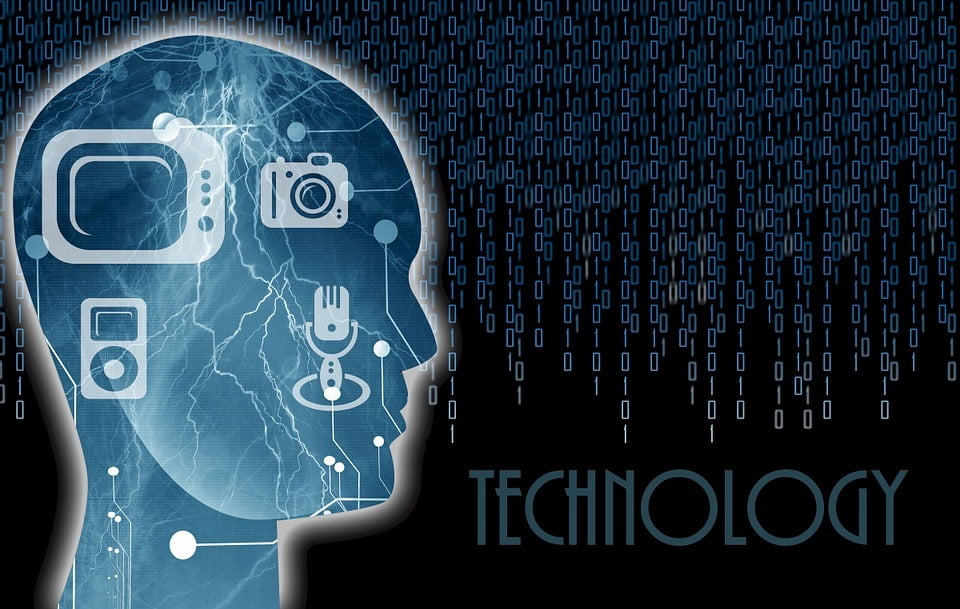Add essentially logs metadata around the creation of a song, in a centralized database. But more than this, it offers collaboration and information tools: it’s a kind of Sharepoint for songs, which takes a creative project from an idea to the finished article.
Many disputes come from the very early days of a song — where a bunch of collaborators becomes embroiled in the song production process, it can be hard to keep track of who was involved in what. So Auddly offers song section management tools, enabling agreement between participants as you go along. Then finished songs can be shared with a publisher, pitched to a label, uploaded to the cloud, and so on.
So, does it deliver on its objectives? I spoke to Niclas Moline, who has partnered with songwriters Max Martin and Björn Ulvaeus on Auddly, to talk about what it brings for songwriters and the broader industry.
1. Why does Auddly exist — what problem does it set out to solve?
I started Auddly out of a clear need. I’m a songwriter/producer, so I know what it is like to be a passionate music maker: what matters is what comes out of the speakers. But this also needs to generate an income. If someone uses your music, you will want to get a piece of the pie. The average song today has 4 songwriters, I’ve seen one with 19. The beauty of copyright is that everyone can have an opinion, but if there’s any disagreement if the data is missing or wrong, the money ends up in the wrong pockets.
For example, an artist or writer could get more money than they should, as a streaming service is not aware more songwriters exist. Or the money can end up in a black box, circling around and eventually ending up in settlements that get divided up by the big companies. This is the challenge Auddly is looking to address.
A few years ago, I and a colleague wanted to start a collaboration with three 3 really talented young songwriters. The normal way to do this is to start a publishing company — so, for the first time ever, I was a publisher talking to creators. All I needed was who they wrote with, the name of the song, and the ‘split’ — how royalties should be allocated. I suddenly realized how bad I had been at doing this, with my publisher!
If I want to make sure we are all paid, we need the right information. Not just by itself, but to link this to other information from other sources. In this collaboration, it became a full-time job (and of course, it’s worse for the big publishers). I went online to find a system for this, but couldn’t find anything. Everything started from there.
2. How did you approach Auddly in terms of both products and getting it out there?
The idea behind Auddly is to capture data from the creators, who are the only people who know the truth about what they are creating. Traditionally, you ask creators once a song is out on the market, but then it’s too late. You have to capture this early, from the studio. We created the platform so we don’t force creators to talk about splits in the room. You can discuss the split when you are ready, and log the information directly. All creators are using phones, so that’s the obvious place to do it.
Having faced this situation, I decided to develop a platform for myself. I didn’t know anything about the tech side, so when I spoke to a system developer, he said, “It’s going to be huge, why don’t you do it for the whole industry?” That’s where it started! This situation has evolved dramatically, now we’re not trying to affect one company or country, we are trying to change industry internationally by setting the standard for how data is captured.
In terms of outreach, I had a brilliant start, as my first partner was Max Martin. When I spoke to him, I found he has the same problem in his publishing company, this led to Björn Ulvaeus from Abba so I had an amazing start. From all my years working in the music industry, I have learned it’s all about politics. I knew that I by myself wouldn’t be enough to reach out, so the strategy to involve Max and then Björn was a great help. With that team, we started to try to sell to the industry.
3. What are Auddly’s biggest challenges — does it require mass adoption to be successful?
We are different from many music startups, in that we are in it to make change happen for creators. The majority of startups are focused on post-release but very few are working on the creation process before it goes out to release.
Our first goal is to become a standard for the industry, then we have succeeded — my shareholders want to see a big change. Of course, commercial success for the platform would make it a double win.
A significant challenge has been the creators themselves — as soon as you mention rights, they glaze their eyes, it’s a subject they don’t want to talk about! But in the next sentence, they complain they don’t get paid properly. I spoke to one creator about his other job as a waiter, he said it was very important for him to fill in his time reports. That’s it, I said, we’re the time reports for the songwriting process!
Another challenge has been engaging with the music rights management ‘bloc’ — publishers, performing rights organizations (PROs), and so on. They don’t want to distract people from making music, but at the same time this bloc knows how messed up the system is right now. Industry rights management is based on 4 codes, which need to be in harmony. At the moment, codes are not linked and matched but if the information was clean from the beginning, then it would be much more transparent.
4. What’s happening right now in Auddly’s world?
There’s a lot of things happening right now. We are focusing on PRO collaboration, plus engagement with digital streaming providers such as Spotify and Apple Music. This is very important as streaming providers want to be able to add credits to their songs, which helps them deliver their services. It’s a win-win, as then creators see more revenue. All this can be achieved with the creator using our platform 20 seconds after they create.
We are also, finally starting to get major support, e.g. with the PROs such as PRS For Music. As I’ve said, these organizations are very important to us.
5. How will things map out over 1, 2, 5 years?
The big vision is to become a standard platform for all the metadata in the studio: to achieve this, we need to get to a few milestones which we’ve set out as how is a song is created.
– First the songwriters — publishers and PROs are important here.
– Second the recording — so, the labels and managers
– And next, mastering — which is where streaming services come in.
We put a lot of effort to get all of these organizations engaged, but our main focus is to get to creators — these will always be the ones who know the truth about what they are doing. For this, we see education as hugely important. Today 50% of the world’s population has access to streaming, when this gets to 80% there will a great deal of money in the industry, but the rights management world is not prepared or that.
Education to creators is going to be hugely important, so we started the Music Rights Awareness Foundation, whose main purpose is to inform and educate creators about music rights and to prepare the next generation. I try to get as many partners involved in this. Many creators don’t know the difference between a recording and a composition, for example. They shouldn’t have to know everything, but we want to make it simple and easy to create.
6. Bonus question — what’s your desert island disc?
I would take it if I only took one CD to a desert island, well… I would have to say, Sting. The soundtrack to Leaving Las Vegas with Nicholas Cage is an album I enjoyed so much, I would without a doubt take that one.
My take
Writing songs is both the easiest and the hardest thing in the world. Getting the creative process right can be is like trapping mist in the middle of a scrum — so it’s understandable that just doing it becomes the absolute focus. At the same time, not logging who was involved in what can lead to financial loss, the disputes that emerge years down the line (only if a song has been successful) come from not spending a little bit of time on what goes around a song.
Auddly is trying to make it possible to capture both the spark of creativity and the boring metadata that goes around it. Behind it, all is a big ask — to get creators to do “the boring bit that gets you paid.” This will need not only simple tools but also a critical mass of expectations across the industry.
Like cycling helmets, this is possible but it requires a great deal of education and support particularly among younger creatives, who may doubt the possibility of anything they do ever achieving success (“Aw, man, why do we have to deal with that stuff right now, can’t we just get along?”).
This being said, to have an accepted standard for data format, and then potentially for accepted best practice, is a very important step in the right direction. As the number of creators continues to broaden, this problem isn’t going to go away. We didn’t talk about initiatives such as Ethereum which of course play a part — there is nothing technological stopping the right answer, at the right time, becoming de facto and therefore solving this continuing challenge.




Leave a Reply